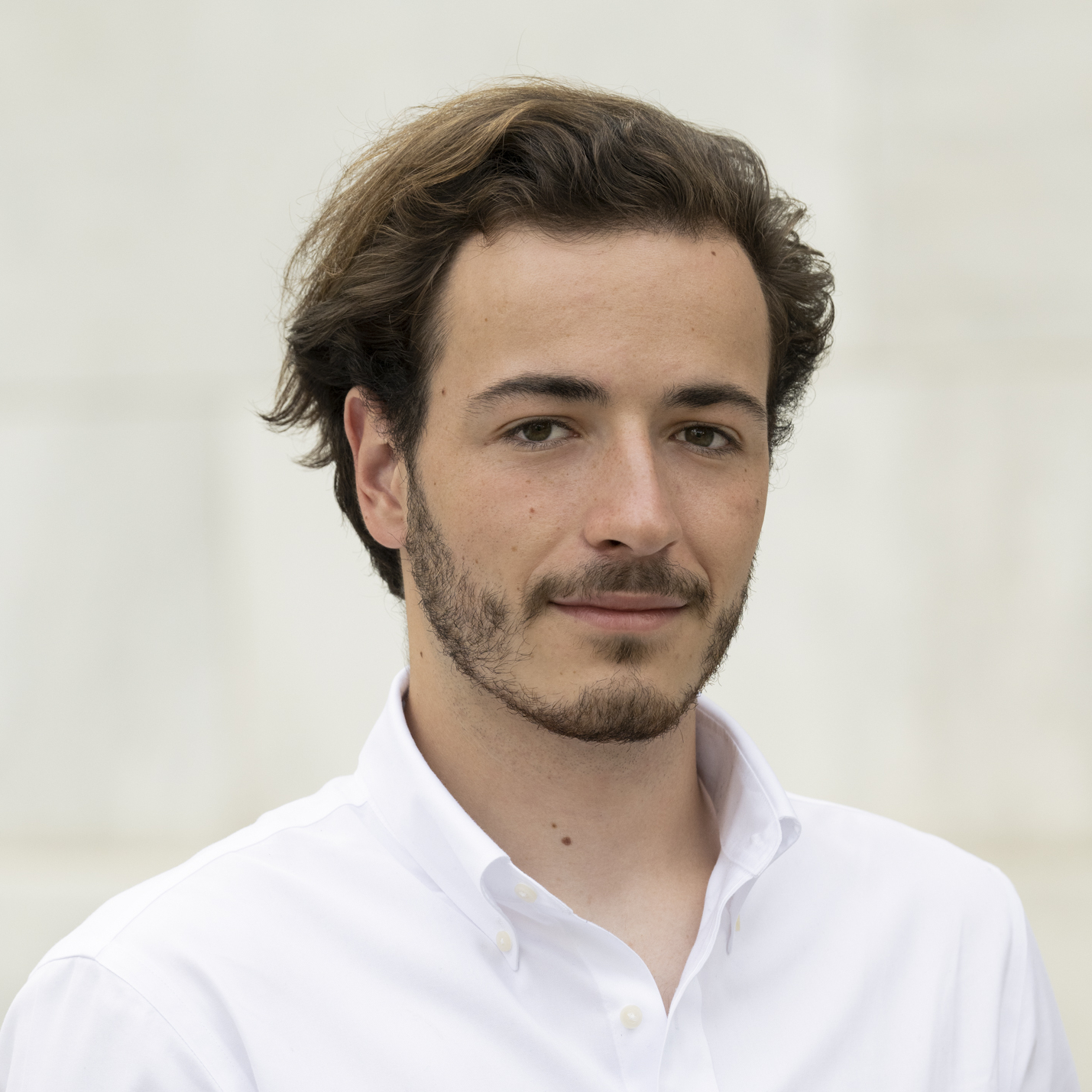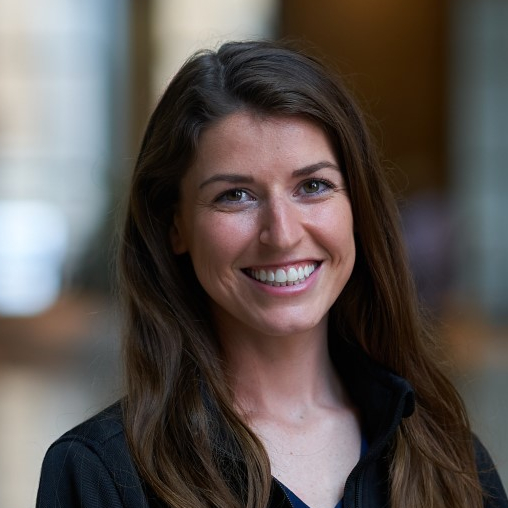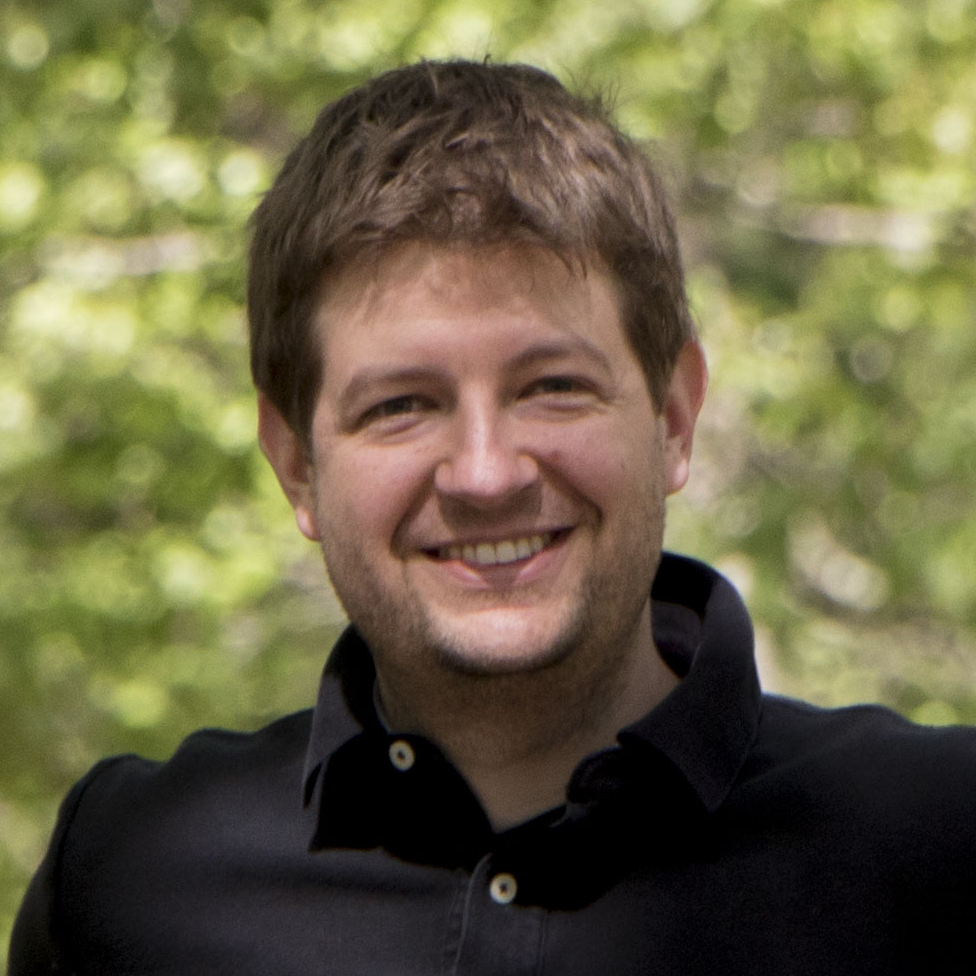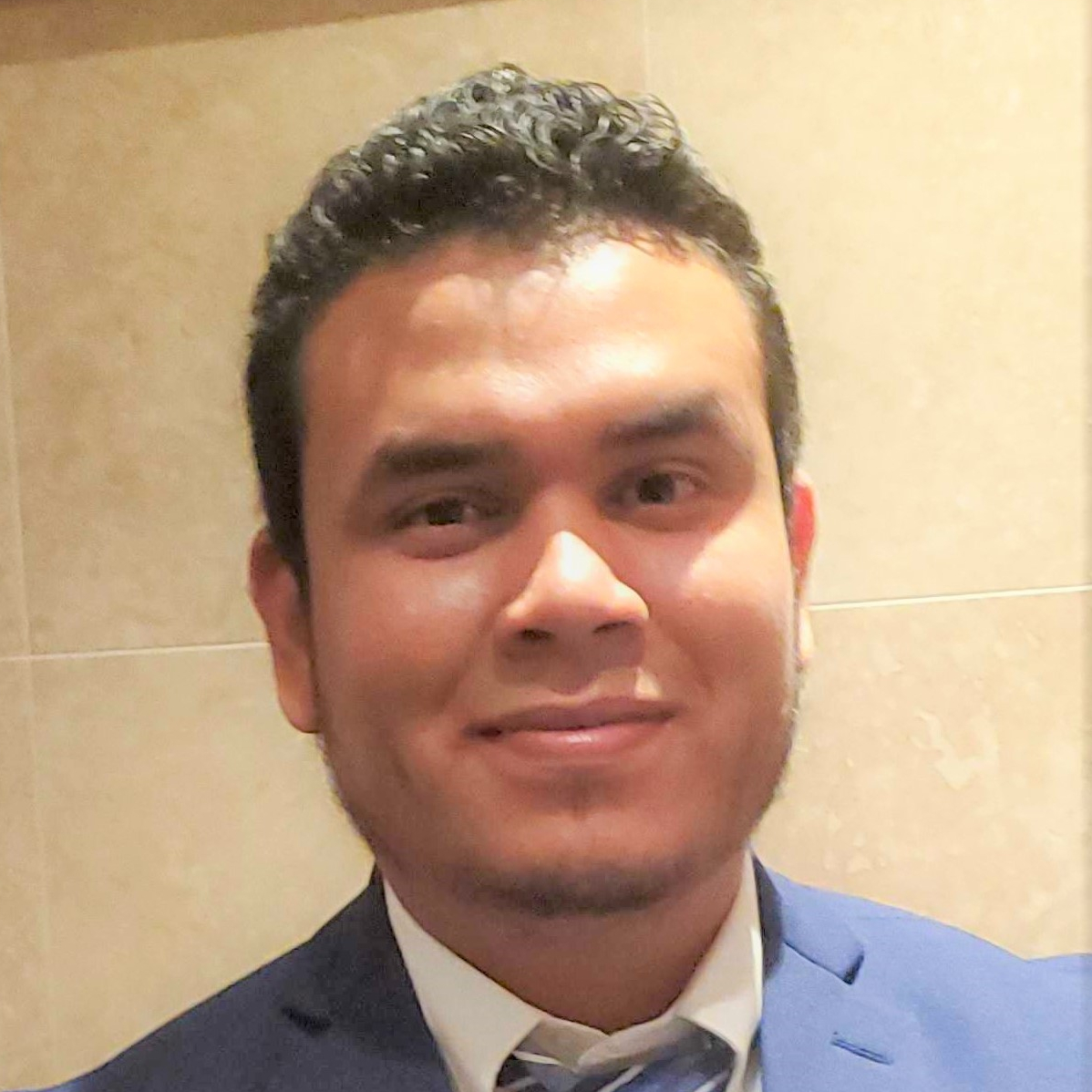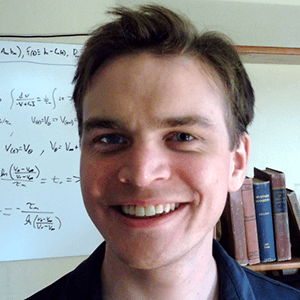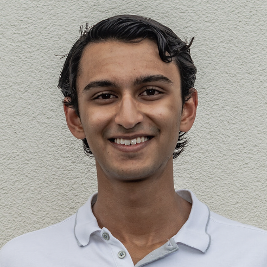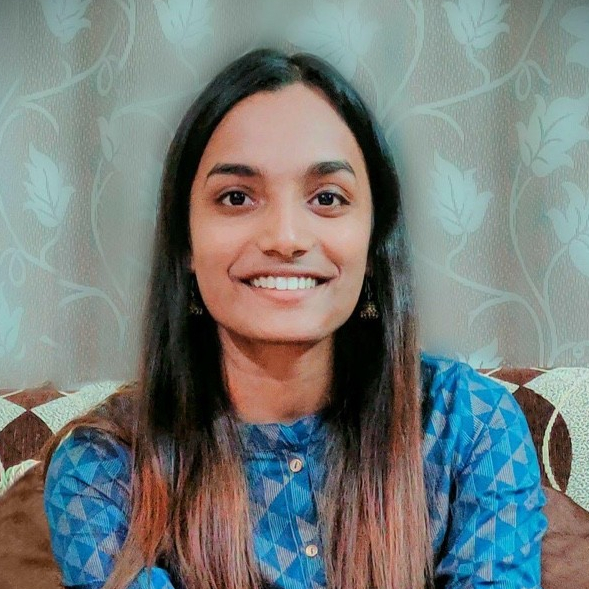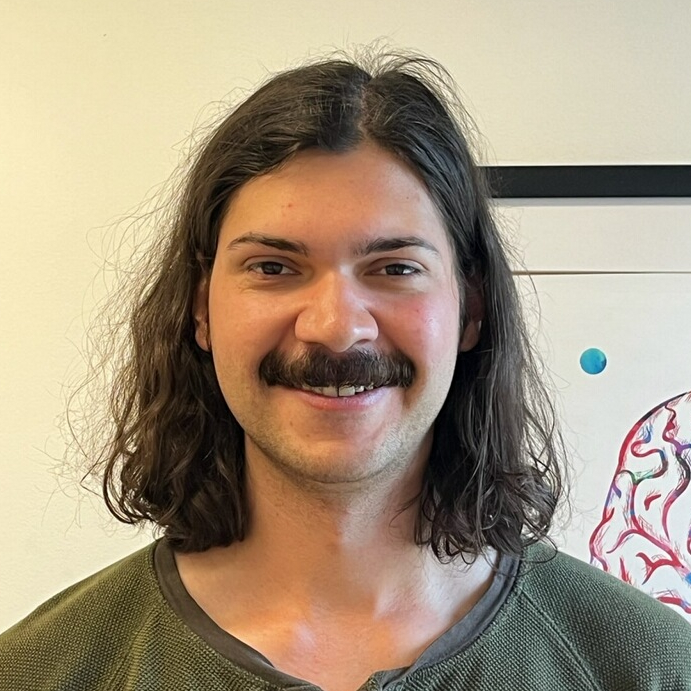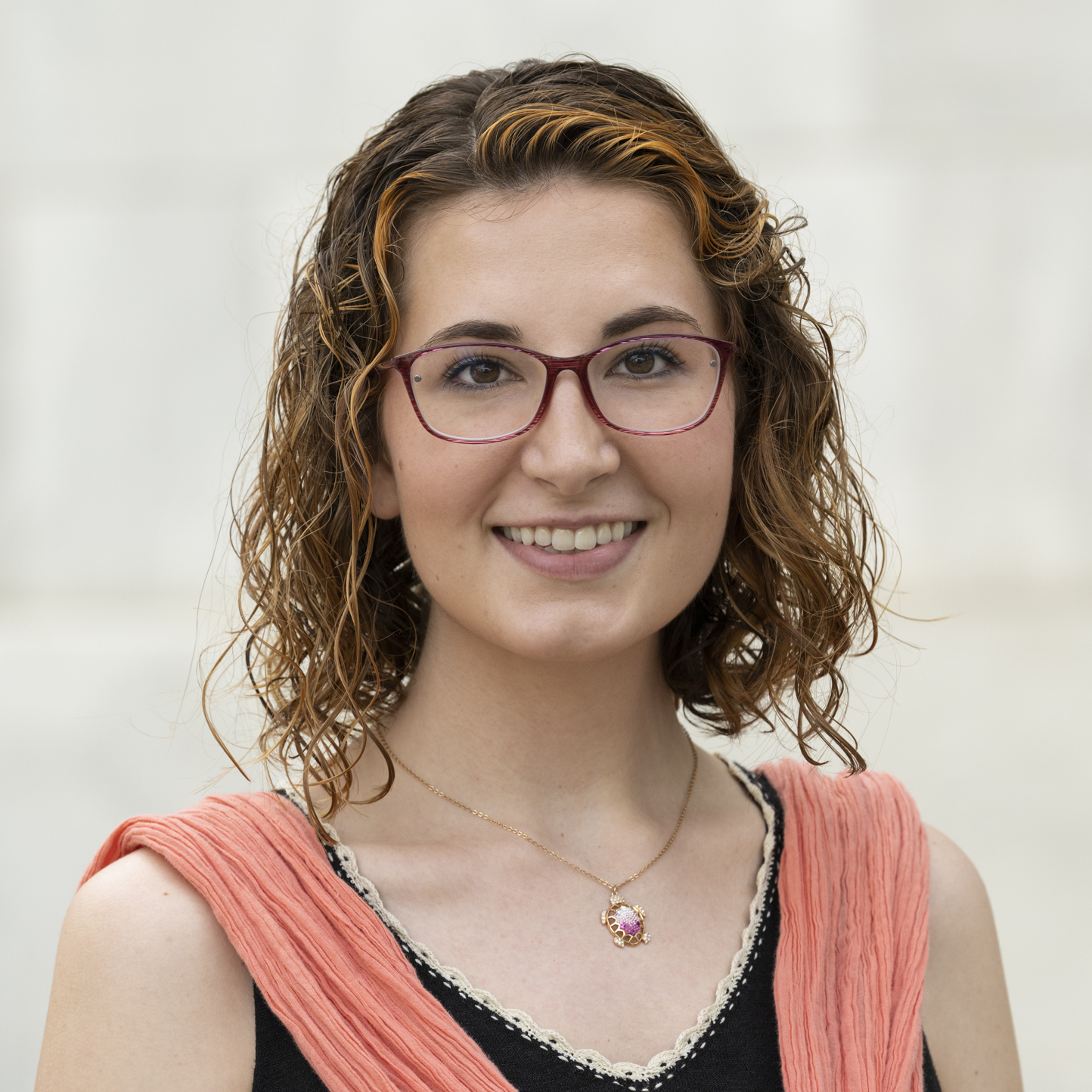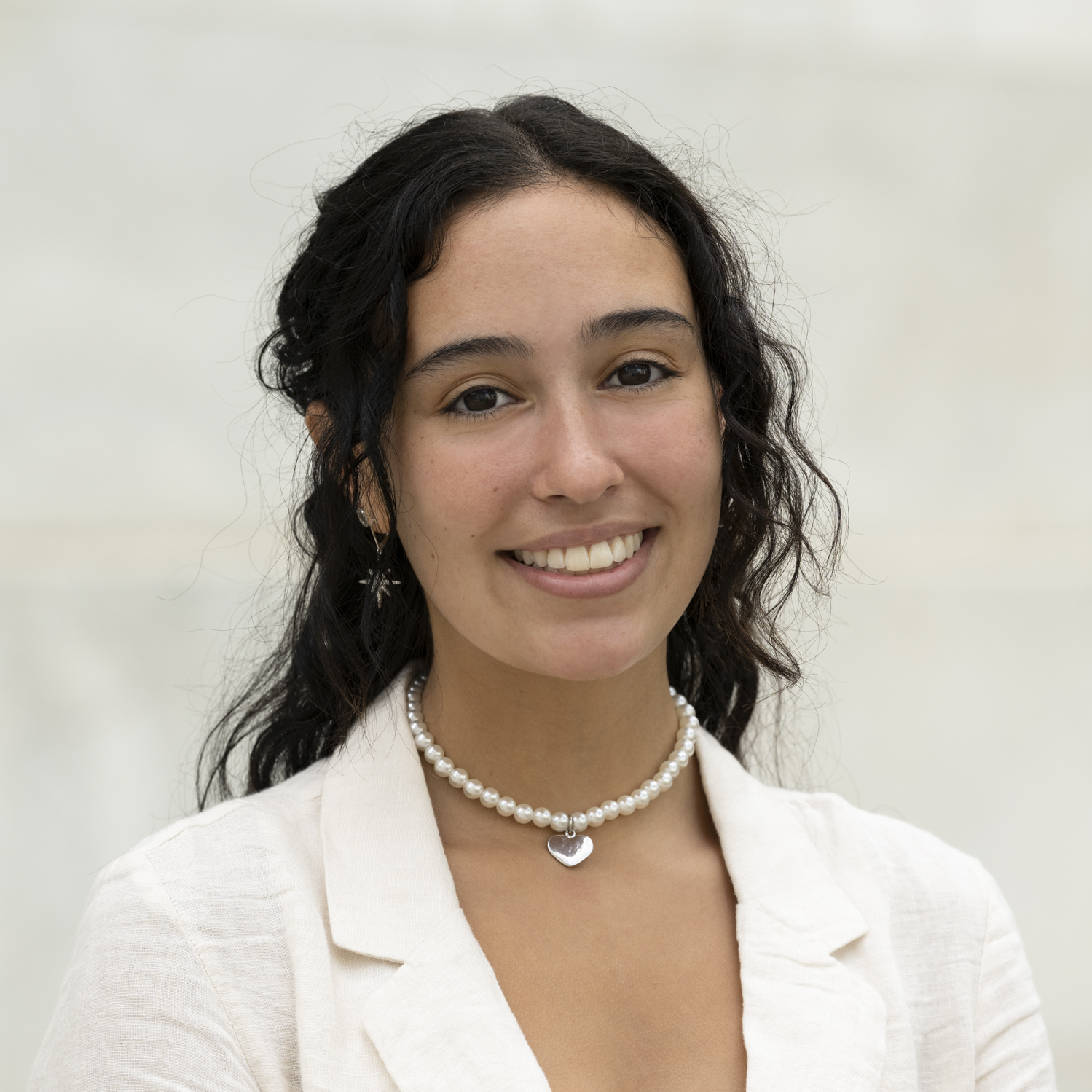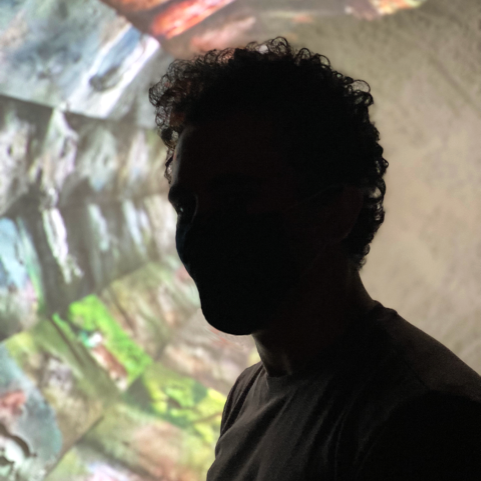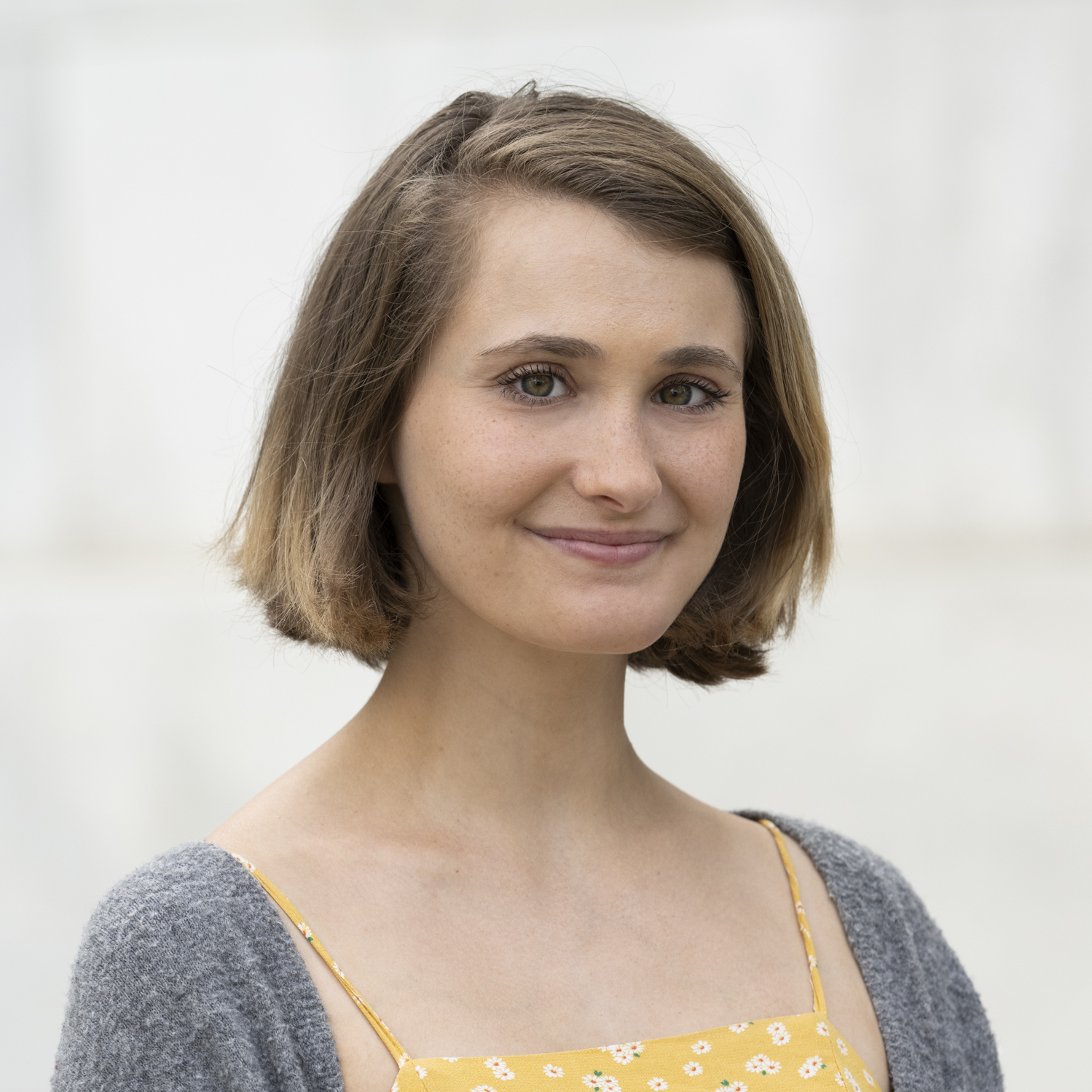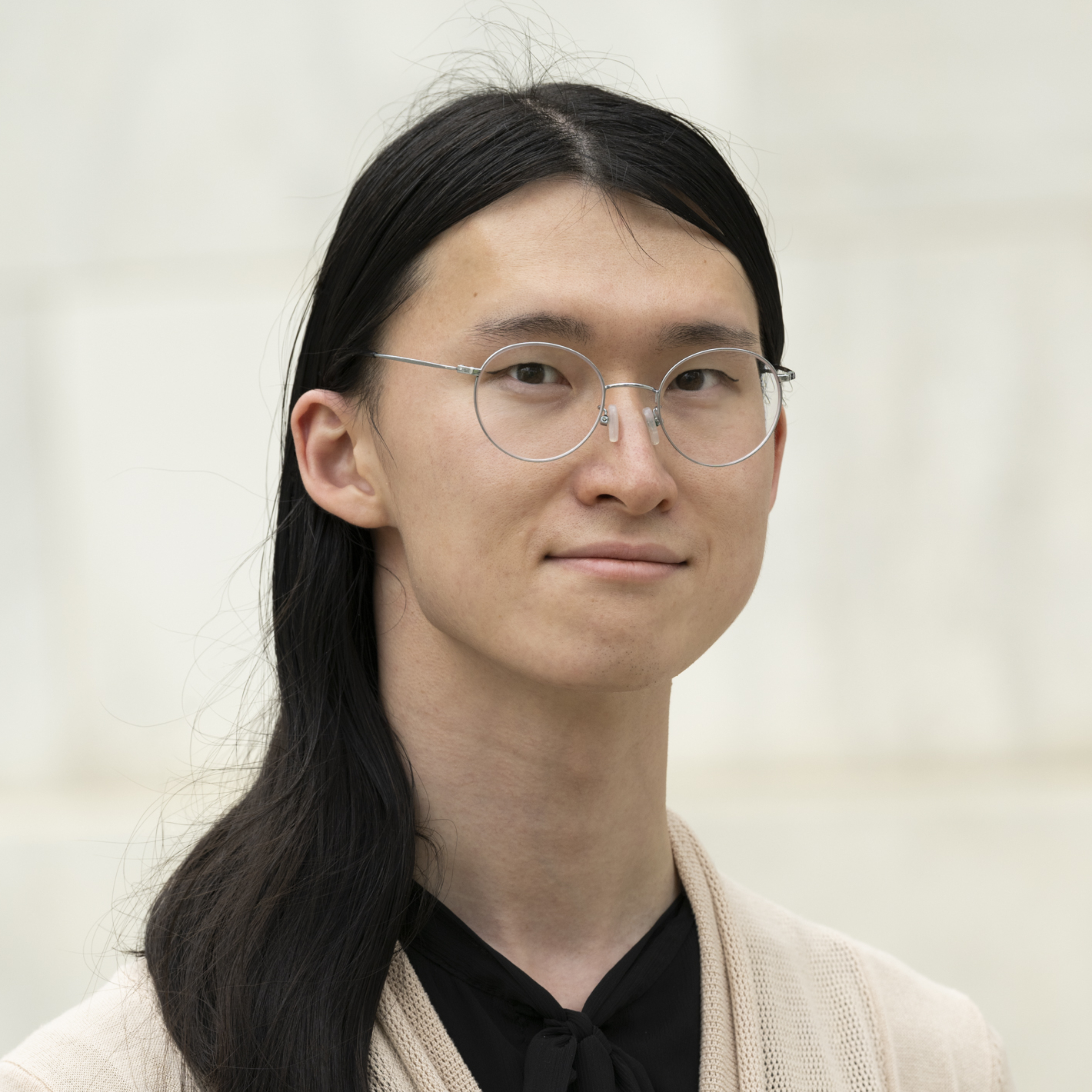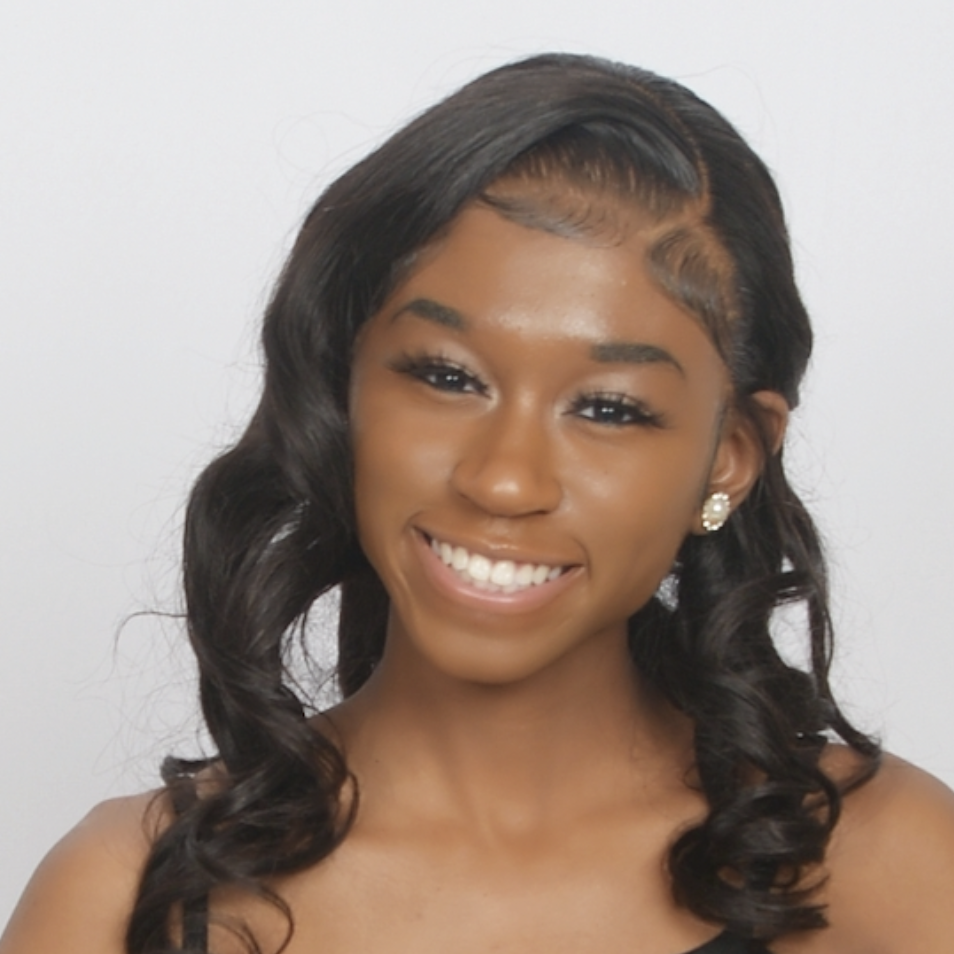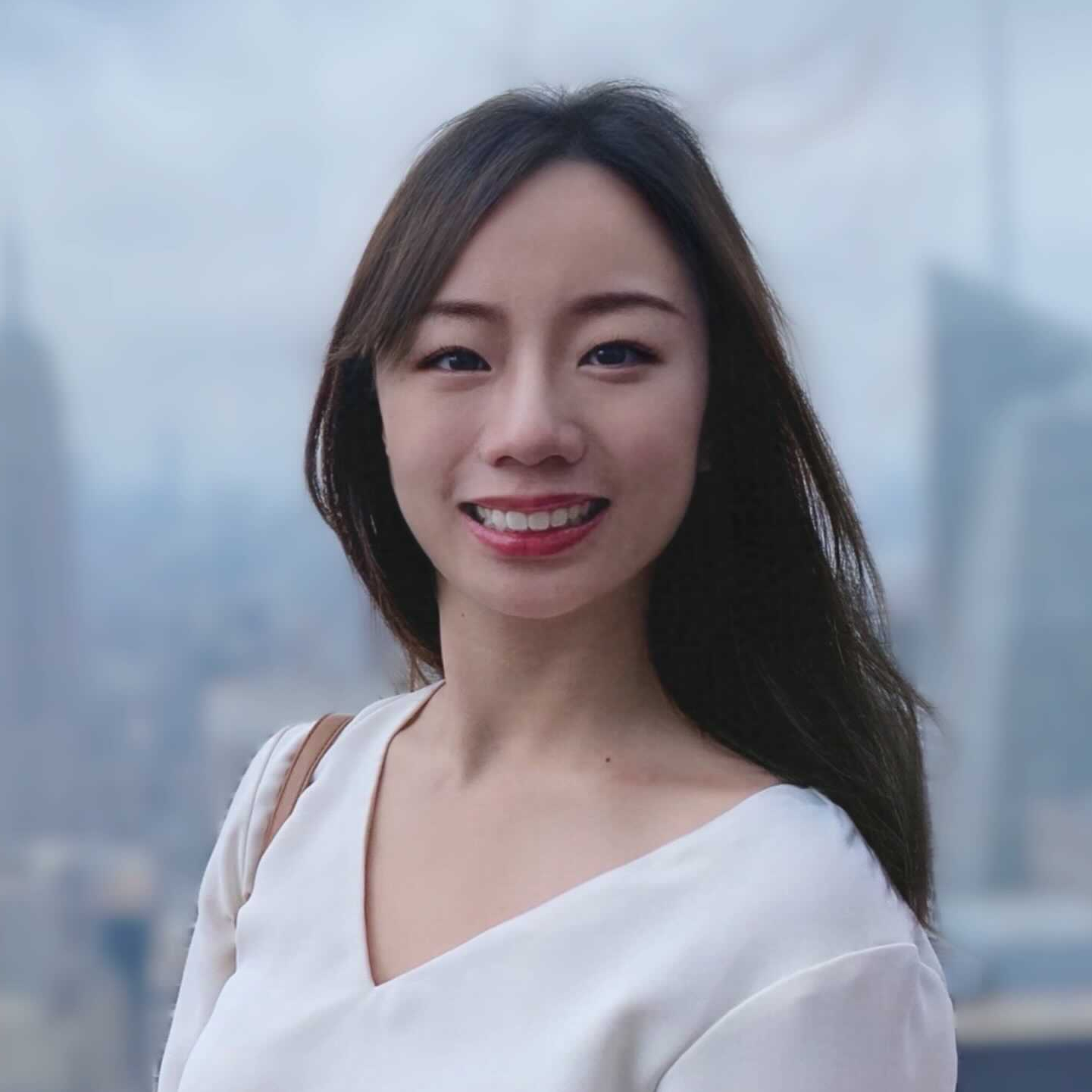Our current team:
Faculty: 1
Postdocs: 2
Graduate Students: 1
Research Associates: 1
Technical Staff: 2
Undergraduates: 6
Featured Lab Members
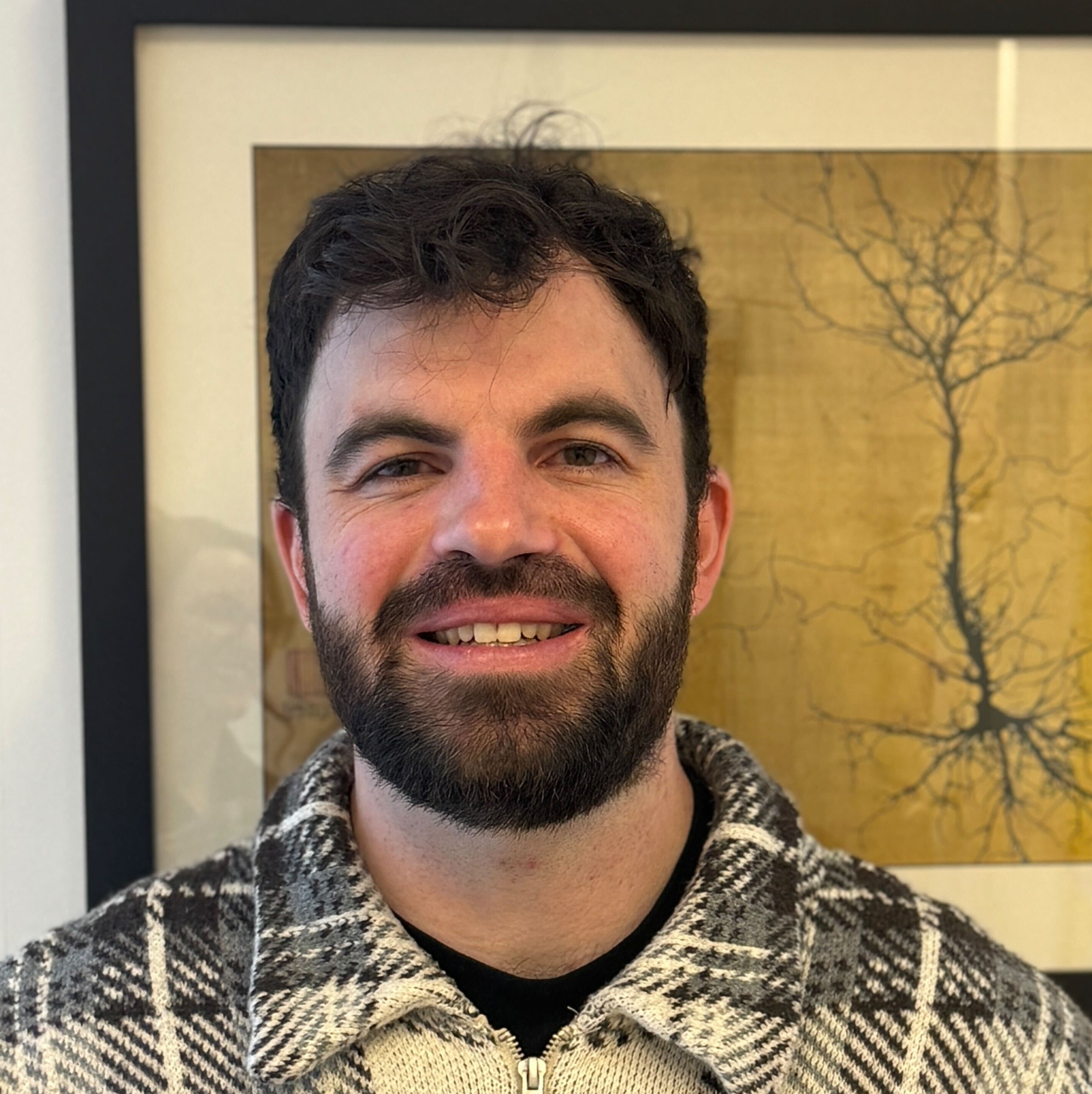
Will Clark

Cristine Kalinski
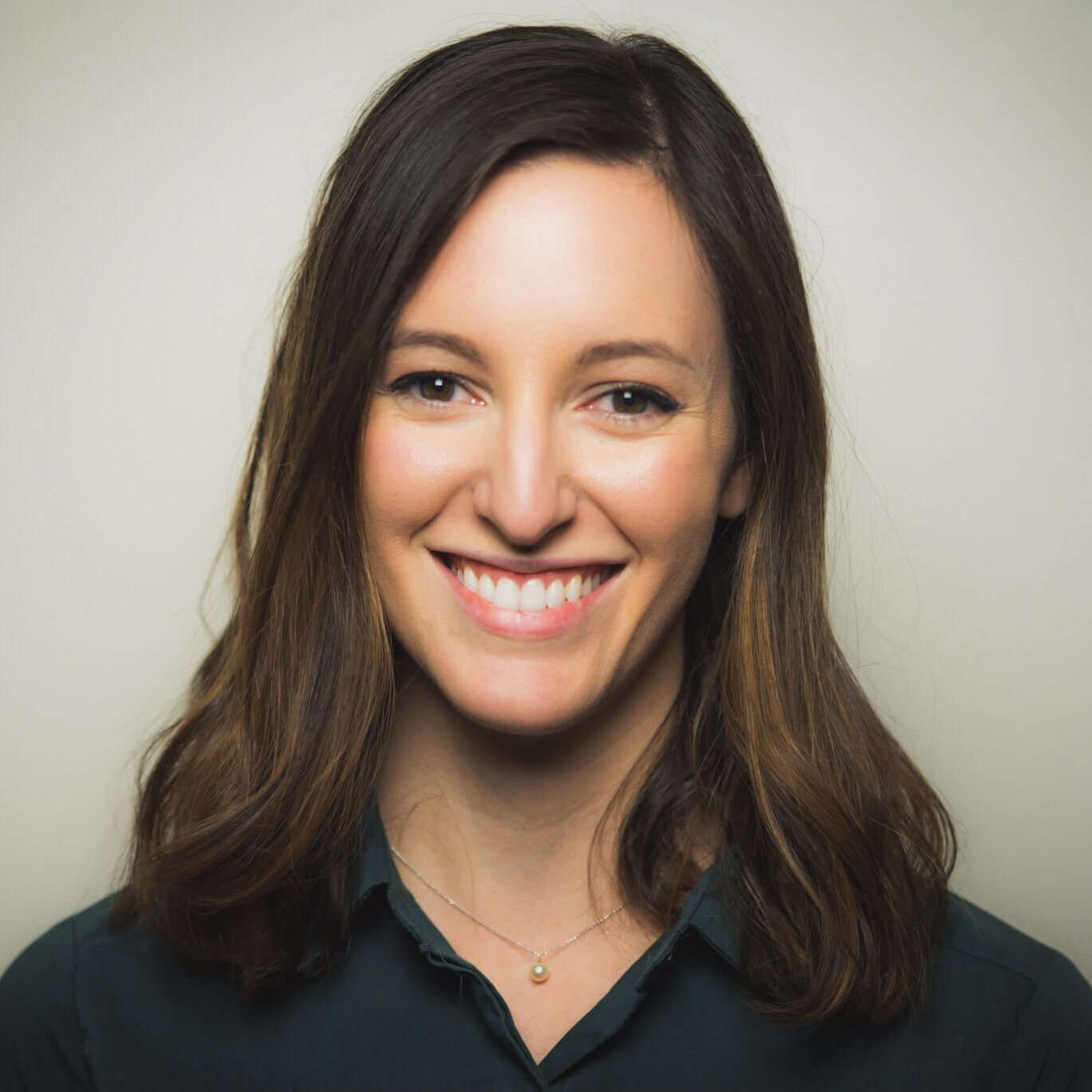
Elizabeth Cleaveland
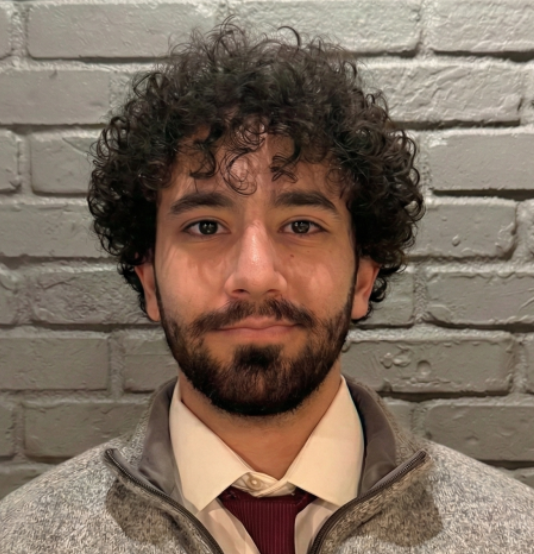
Aiden Alazo
Aiden Alazo is an undergraduate student at Harvard University, Class of 2029, pursuing a joint concentration in Neuroscience and Computer Science on a pre-med track. Currently, he is a research intern working on developing 3D convolutional neural networks to better understand visual processing. Beyond his academic research, Aiden applies his technical background to industry as the CFO and lead developer for Zorgo LLC, a restaurant technology startup.
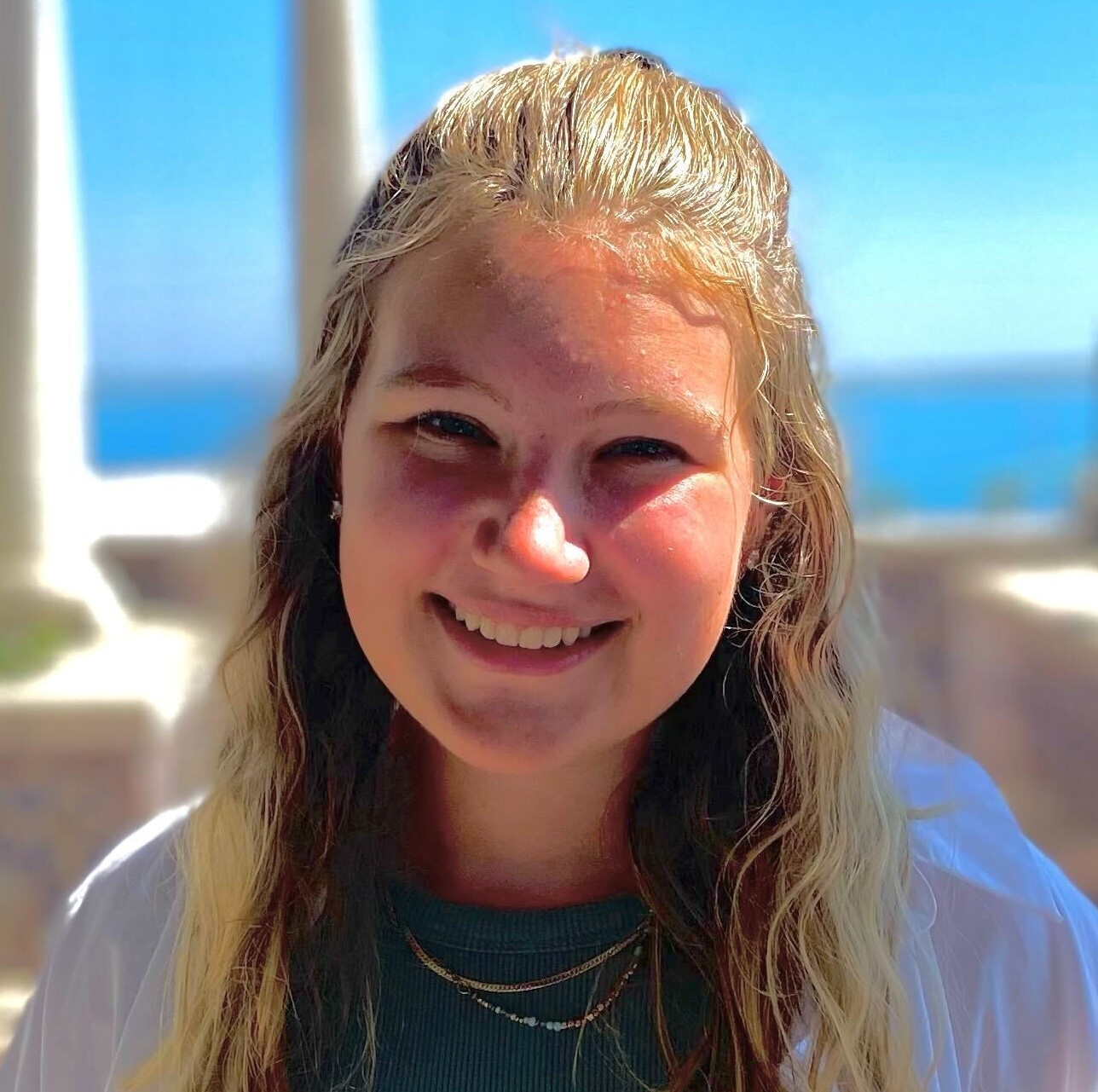
Miryam Berkelaar
Miryam graduated from Boston College in 2025 with a B.S. degree in Neuroscience and Psychology. In her studies, she focused on object motion and perception. Miryam is interested in exploring the regions of primate visual systems through computational models. When Miryam is not in the lab she is working as a RBT where she offers support and care through behavioral analysis to families of children with autism.
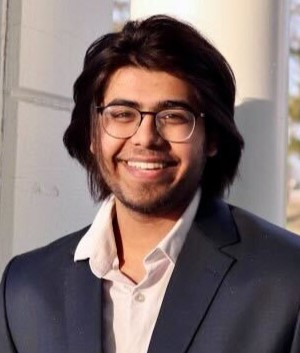
Ahyan Maya
Ahyan O. Maya is a Mathematics and Electrical Engineering student dedicated towards the application of mathematics to neurobiology, robotics, finance, philosophy, quantum computation, and machine learning. He has prior research experience studying auxetic lattice structures, focusing on the mathematical principles behind unconventional material behavior. Beyond academics, Ahyan is active in artistic communities as a cellist and composer, while participating in dance and martial arts teams while pursuing interests in languages, culinary arts, writing, and composition. He hopes to pursue research and analysis driven roles across diverse industries and ultimately become a mathematics educator in his later life. He seeks to live a life grounded in meaning and introspection, striving to unite intellectual rigor with human impact in every direction his journey takes.
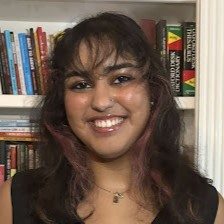
Zoya Siddiqui
Zoya is an undergraduate student at Northeastern University, Class of 2028, pursuing a degree in Data Science and Biochemistry. Her academic background resides at the intersection of computation and biology; she is passionate about applying data science approaches to solve biological problems. Her research interests include computational neuroscience, combining quantitative methods with an understanding of neural mechanisms. Her passion for science is driven by a lifelong goal to deepen our understanding of the universe and by the belief that curiosity should be a driving force in all human endeavors.
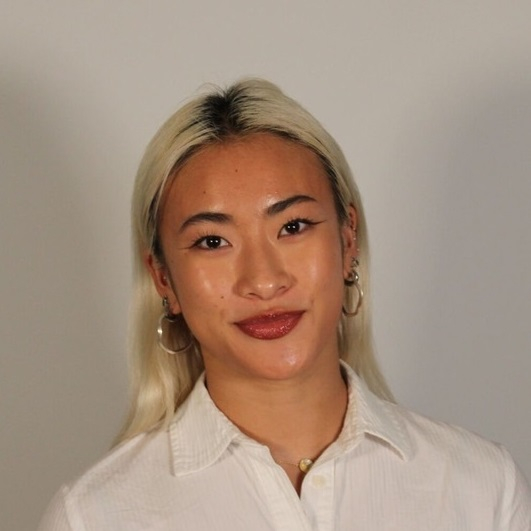
Ella Yang
Ella Yang is an undergraduate student at Northeastern University, majoring in Behavioral Neuroscience on a pre-medical track, with a minor in Music. Her academic background emphasizes the biological and psychological bases of behavior, supported by interdisciplinary training across the life and physical sciences. She is interested in the biological foundations of behavior and the neural mechanisms underlying human health and disease. Outside of academics, Ella is highly involved in dance and spends much of her free time hiking, climbing, and exploring the outdoors.



